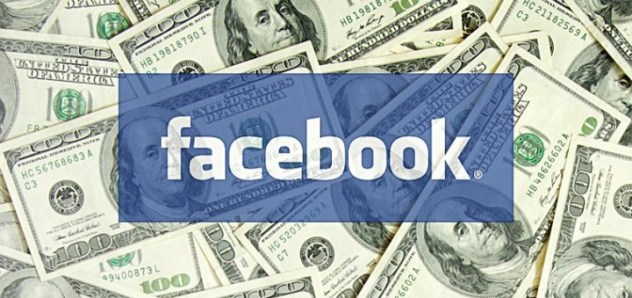Germany puts the brakes on Facebook data collection
Modern day Germany is very sensitive about the privacy of its citizens. You can hardly blame them after dealing with oppressive regimes from the 1930s to the 1990s where spying on the citizens was the norm and citizens were expected to report their fellow countrymen for ‘crimes’ against the state. Germany is not only the country where the concept of the ‘right to be forgotten’ was made famous but also where Google Street View was found to be too invasive. So it should come as no surprise that the German government recently severely limited Facebook’s data collection of its German users.
The antitrust arm of Germany’s government, the Federal Cartel Office, ruled that Facebook was exploiting its users by collecting excessive amounts of data and tying the information to a user’s Facebook account. The FCO ruled that Facebook could continue to collect data from WhatsApp and Instagram but could not tie that information to a specific Facebook account and banned the Facebook collection of data from third-party websites unless a user has given Facebook informed consent. So in essence, Germany has basically banned Facebook’s entire business model in their country.
[youtube https://www.youtube.com/watch?v=1Pfq_o1HFpM%5D
Facebook has publicly stated that they will appeal the FCO’s decision but if history is any indicator they probably won’t be successful. Facebook defended its data collection policies by claiming that not only does it show more relevant ads to consumers, which really doesn’t help their case, and that it helps combat terrorism. In the past, laws designed to combat some type of subversive threat has led to some of the greatest atrocities in history not just in Germany but in America as well. So for Facebook to make such a claim trying to appeal to nationalist tendencies seems like they’ve taken a page out of the dictator’s playbook. One has to wonder if Facebook has now instituted a policy of “today Germany, tomorrow the world.”











Leave a Reply